Learning in Silence
To the chief Musician, to Jeduthun, A Psalm of David.
Truly my soul waiteth upon God:
from him cometh my salvation.
Psalm 62:1 (KJV)
“Surely in silence my soul waits for God.”
Book of Psalms for Singing
I love languages, and one of the things I love about them is how complex they are. How much depth there is to words and meanings of words. When I started thinking about the issue of silence in parenting, Psalm 62:1 came to mind, which we frequently sing. But when I read it in the KJV I couldn’t find the word ‘silence’. So I did a little digging, and found out it is there… in the word ‘wait’. How do we wait on the God? In silence.
Rivka has written her first response in our parenting exchange. In it she says dozens of things, many of which I fully agree with. Others she puts so vaguely that I’m left scratching my head and wondering what she really means. And the one thing that I am specifically going to respond to in this post I’m not sure she actually meant to say!
But she did say it, and I think it is a hugely important subject, so here goes…
Children cannot learn in silence…
Rivka, Gentle Parenting
The context of this quote was my promotion of an old-fashioned parenting proverb: “Children should be seen and not heard”. I explain that, “…there is a fundamental difference between adults and children, and children should be taught this. They should be taught that when two adults are talking, that is not the time to come screaming through the room (if there ever is a time to come screaming through the room, which I doubt) or for questions about her dolly.
This principle teaches that parents/adults are older and wiser; so children should be listening to them, and learning from them. Proud children interrupt, wise children listen.”
For further context Rivka states that “[she] is Jewish and familiar with the Old Testament.” So, in my response, I will at least start with the Old Testament.
A Time to Be Silent
Scripture teaches very clearly that there are times to be silent. My claim (verified by generations of experienced parents) is that one of these times is when adults are talking, both as a way of learning, and as a way of showing respect. Imagine, if you will, that your boss was giving a lecture, and you and some other employee were busy holding a gab fest about the latest game in the back of the room. Do you think the boss would consider that very respectful?
Now, personally, I have another problem. And I don’t think I’m alone. Personally I find that noise… random chaotic noise… not only makes me tired and cranky, and not only makes it difficult to think… but it also makes it hard for me to hear. I can’t hear the two year old’s gentle conversation if the four and six-year-olds are zoom, rhum, boom, banging their way all around the room.
A time to rend, and a time to sew; a time to keep silence, and a time to speak;
Ecclesiastes 3:7
Therefore the prudent shall keep silence in that time; for it is an evil time.
Amos 5:13
Better is a dry morsel, and quietness therewith, than an house full of sacrifices with strife.
Proverbs 17:1
Better is an handful with quietness, than both the hands full with travail and vexation of spirit.
Ecclesiastes 4:6
Now when Job's three friends heard of all this evil that was come upon him, they came every one from his own place; Eliphaz the Temanite, and Bildad the Shuhite, and Zophar the Naamathite: for they had made an appointment together to come to mourn with him and to comfort him.
Job 2:11
And when they lifted up their eyes afar off, and knew him not, they lifted up their voice, and wept; and they rent every one his mantle, and sprinkled dust upon their heads toward heaven.
Job 2:12
So they sat down with him upon the ground seven days and seven nights, and none spake a word unto him: for they saw that his grief was very great.
Job 2:13
Hearing and Speaking are Contradictory
Interrupting is not listening. If you’re talking you’re not listening.
The Scriptures, Old and New, are full of the admonition to ‘hear’. We all are told to hear God, and children are very specifically told to ‘hear’ their parent’s commandments. This cannot be done if we are talking.
And after the earthquake a fire; but the LORD was not in the fire: and after the fire a still small voice.
And it was so, when Elijah heard it, that he wrapped his face in his mantle, and went out, and stood in the entering in of the cave. And, behold, there came a voice unto him, and said, What doest thou here, Elijah?
I Kings 19:12-13
The words of wise men are heard in quiet more than the cry of him that ruleth among fools.
Ecclesiastes 9:17
Lo this, we have searched it, so it is; hear it, and know thou it for thy good.
Job 5:27
Hear now my reasoning, and hearken to the pleadings of my lips.
Job 13:6
Hear diligently my speech, and my declaration with your ears.
Job 13:17
I will shew thee, hear me; and that which I have seen I will declare;
Job 15:17
Hear diligently my speech, and let this be your consolations.
Job 21:2
A wise man will hear, and will increase learning; and a man of understanding shall attain unto wise counsels:
Proverbs 1:5
My son, hear the instruction of thy father, and forsake not the law of thy mother:
Proverbs 1:8
Hear, ye children, the instruction of a father, and attend to know understanding.
Proverbs 4:1
Hear, O my son, and receive my sayings; and the years of thy life shall be many.
Proverbs 4:10
Hear me now therefore, O ye children, and depart not from the words of my mouth.
Proverbs 5:7
Hear; for I will speak of excellent things; and the opening of my lips shall be right things.
Proverbs 8:6
Hear instruction, and be wise, and refuse it not.
Proverbs 8:33
Hear counsel, and receive instruction, that thou mayest be wise in thy latter end.
Proverbs 19:20
Cease, my son, to hear the instruction that causeth to err from the words of knowledge.
Proverbs 19:27
Bow down thine ear, and hear the words of the wise, and apply thine heart unto my knowledge.
Proverbs 22:17
Hear thou, my son, and be wise, and guide thine heart in the way.
Proverbs 23:19
Authority Flows one Way
Perhaps the most offensive aspect of ‘children should be seen and not heard’ is in the word ‘children’. The world today does not like to see distinctions of rank.
But this is nonsense, and it is unScriptural nonsense. First of all, there are many distinctions of rank. When the general speaks, the privates listen. When the boss speaks, the employees listen.
Not only does random chaotic noise make it difficult to think, not only is the child who is talking not listening, but the child who is making the chaotic noise is disrespecting those around him. And particularly… his elders.
Be silent, O all flesh, before the LORD: for he is raised up out of his holy habitation.
Zecheriah 2:13
Now Elihu had waited till Job had spoken, because they were elder than he.
When Elihu saw that there was no answer in the mouth of these three men, then his wrath was kindled.
And Elihu the son of Barachel the Buzite answered and said, I am young, and ye are very old; wherefore I was afraid, and durst not shew you mine opinion.
I said, Days should speak, and multitude of years should teach wisdom.
But there is a spirit in man: and the inspiration of the Almighty giveth them understanding.
Great men are not always wise: neither do the aged understand judgment.
Therefore I said, Hearken to me; I also will shew mine opinion.
Behold, I waited for your words; I gave ear to your reasons, whilst ye searched out what to say.
Yea, I attended unto you, and, behold, there was none of you that convinced Job, or that answered his words:
Lest ye should say, We have found out wisdom: God thrusteth him down, not man.
Now he hath not directed his words against me: neither will I answer him with your speeches.
They were amazed, they answered no more: they left off speaking.
When I had waited, (for they spake not, but stood still, and answered no more;)
I said, I will answer also my part, I also will shew mine opinion.
Job 32:4-17
Recommended Reading
The wise parent learns and teaches from a variety of sources. Some are of infinite importance, and some teach one or two lessons well; I’ve added a few books to the bibliography and plan on continuing.
The Scriptures: Old and New Testament
For a good understanding of Woodshed Parenting one has to read the Scriptures. Both the ‘how to’ parenting principles, and the principles that should be instilled during parenting are found there. The Scriptures, Old and New Testaments.
There are some other books that I would recommend in addition to the Scriptures, but never instead. As with any recommendations I make, I would recommend that parents pre-read these books before giving them to their children.
The Little Britches series, by Ralph Moody
This series is semi-autobiographical, and takes place in the early 1900’s, mostly in the west of the United States. Issues of hard work, perseverance, responsibility and accountability are paramount. The woodshed is used, but so is the statement and action on clear goals of parenting; especially by the father. I can heartily recommend these books for parents and children. Parental discretion advised, as they include some hard themes and some objectionable language.
Captain’s Courageous, by Rudyard Kipling
This book might almost have been written as a direct antidote to modern helicopter parenting. A spoiled young man is forced to work for his living, and his father (in particular) is forced to confront his parenting failures. Although there is no woodshed in this book (the events taking place on a ship), the woodshed is used metaphorically
.Before I was Born, by Carolyn Nystrom
There are lots of things children need to learn. The most important are character-related: how to love God and love their neighbour. One of the most important ‘neighbours’ that we will ever have is our spouse. And before we get married, there will be sexual temptation from people, not our spouse. Sexual faithfulness should be taught early and often, and this book (not the later books in the series) helps do exactly that. It introduces the young child to ‘the facts of life’ in a way that enables the parent to direct the child down the path of Godliness: toward a faithful and fruitful married life.
The Bobtails meet the Preacher’s Kid, by Arthur Yeomans
This book involves orphans and a widowed aunt, thus the issues of parenting are addressed in crisis. Again, issues of hard work, responsibility, and respect for new authority are paramount. And there is a literal woodshed, literally and metaphorically used.
The Bobtails and the Cousins, by Arthur Yeomans
Aunt Grace and Mr Thacker are married, and they invite all of the cousins and their families to come to the farm, one after another. It includes lazy children learning to work, clean children getting dirty, and helpful children being helpful. It stresses the importance of having children and training them well.
No Ordinary School, by Arthur Yeomans
There is no woodshed in this book, either literal or metaphorical. The main character is a bit past his woodshed days. But this book addresses the issue of, “If my child has a weakness…” and challenges the oft used idea “… I need to not push him in that area”, substituting “… I need to work extra hard in that area to prepare him for life.”
Swallows and Amazons, by Arthur Ransome
No woodshed, at least not onscreen. But a great antidote to helicopter parenting. the children strongly respect authorities and parents. Deals with issues of responsibility and accountability.
Set in England… which is a fun plus. And beautifully written
.
Understood Betsy, by Dorothy Canfield Fisher
Children need to be exposed to difficult conditions to learn to be strong. But exposed by loving people. A twice orphan comes to a new home and is thrust into a world of chores, walking to school alone and, in a word, responsibility… learns far more than she could have dreamed possible.
Conclusion
The old expression ‘Children should be seen and not heard’ was popular back in the day when people actually had children and raised them (some of them) to respect their elders. On its best day, the expression speaks of children respecting the fact that the elders in their lives have more wisdom than they do and that it would be a good thing to learn some of that wisdom.
Children should not be making noise in common spaces that they share with their elders. They should take their chaotic noise, as important as it is, outside and to their rooms. When in the presence of their elders their hands, feet, and mouth should be quiet, and their ears open.
If parents are teaching their children that their contribution to the general discourse is just as wise, just as intelligent, and just as meaningful as that of people with far more experience than they have… they are not only teaching an obvious lie but are damaging their children’s ability to learn. And, of almost equal importance, they are destroying this vital time when they learn self-discipline.
Some More Notes
I really dislike trying to respond willy-nilly to everything raised in a post. I like to focus on one issue. But I also dislike leaving issues lying around undealt with and seemingly forgotten. So…after the conclusion, I am going to deal with some issues:
What a Child can do
Rivka wrote:
I would say that the purpose of childhood is to give a child the emotional fortitude necessary to be a functional and moral person.
in response to my statement:
The purpose of childhood is training for adulthood. What a child can do, the child should do
And I must admit myself confused, after reading the entire section, whether and where we agree or disagree. She does say that her agreement, where it exists, is not ‘because it is difficult to run a large household’, but if that is what she took away from what I said, I did a bad job of communication.
Even on her terms, I think she is making a mistake. Even if all I was saying was ‘it makes running a large household easier’ I think her conclusion is mistaken.
First of all, the child themselves is living in the household. If it isn’t being run well, then the child themselves suffers.
Secondly, one of the things that I wish to teach my children is that they not only have agency but they have responsibility. If they find themselves in any situation where the group they are part of has needs, I want them to realise that it is their responsibility to be as helpful as possible.
Thirdly, learning to work at or even above your current competence level is how we grow. Indeed, it is why we grow! Having a ‘big person’ do jobs we can do (and this applies to siblings as well as parents) is not only foolish, it is, well, foolish! It is missing out on a huge opportunity for growth! For the child and the whole family!
Helicopter parenting
Rivka wrote
Too many rules muddy the waters for teaching G-d’s rules.Too many rules muddy the waters for teaching G-d’s rules.
I think that we are using different definitions of ‘helicopter parenting’. My definition does not have to do with how many rules the child is under, but how many eyes:
A helicopter parent (also called a cosseting parent or simply a cosseter) is a parent who pays very close attention to a child's or children's experiences and problems, particularly at educational institutions.[1] Helicopter parents are so named because, like helicopters, they "hover overhead", overseeing every aspect of their child's life.[1][2] A helicopter parent is also known to strictly supervise their children in all aspects of their lives, including in social interactions.[1] (Wikipedia)
So my principle and the various books that I recommend as being against helicopter parenting are promoting a parenting practice where the children get to spend long amounts of time with no parental gaze. This can be as simple as getting to play in their room, alone or with others, and it moves up to long walks or even overnights away. In Swallows and Amazons, for example, the children take a sailboat out onto the local lake and spend day after day away from their mother… with no ‘adult’ supervision.
The Bond
Rivka wrote
The most powerful weapon in the arsenal of parenting is the strength of the parent-child bond. Every conflict strains that bond.
Ah… but what does ‘strain’ mean? I think that Rivka and I take that word in the exact opposite meaning. When I tell my child that, no, he can’t eat his dessert first (I don’t actually ever remember telling them they couldn’t have a second helping. We run to too thin in my family, not the opposite) and they elected to object, and I overruled their objection using my awful parental majesty and authority… the conflict built, it didn’t destroy our bond. What weakened our bond was when I was too lazy to enforce my rules, too preoccupied reading a book to enforce the laws of the Medes and the Persians that I myself had laid down, when I forgot a promise… those weakened the bond.
Links
Woodshed Parenting
Intro So, yet another letter exchange! It seems like it is becoming my mainstay. Which I love! This one is with Just plain Rivka who writes the logic and morality substack. Thanks for reading Von’s Substack! Subscribe for free to receive new posts and support my work.
Single Income Lots of Kids
The internet is awash with acronyms for social groups, especially modern social groups. You have ‘INCEL’, which at its core stands for ‘involuntarily celibate’; and usually refers to a young man who wishes to date, marry, have sex etc. but cannot manage it. You have
John Taylor Gatto #1
“When you take the free will out of education, that turns it into schooling.” ― John Taylor GattoThanks for reading Von’s Substack! Subscribe for free to receive new posts and support my work. “I've noticed a fascinating phenomenon in my thirty years of teaching: schools and schooling are increasingly irrelevant to the great enterprises of the planet. No…
Education Quotes #1
Albert Einstein It is, in fact, nothing short of a miracle that the modern methods of education have not yet entirely strangled the holy curiosity of inquiry; for this delicate plant, aside from stimulation, stands mainly in need of freedom; without this it goes to wrack and ruin without fail. It is a very grave mistake to think that the enjoyment of s…


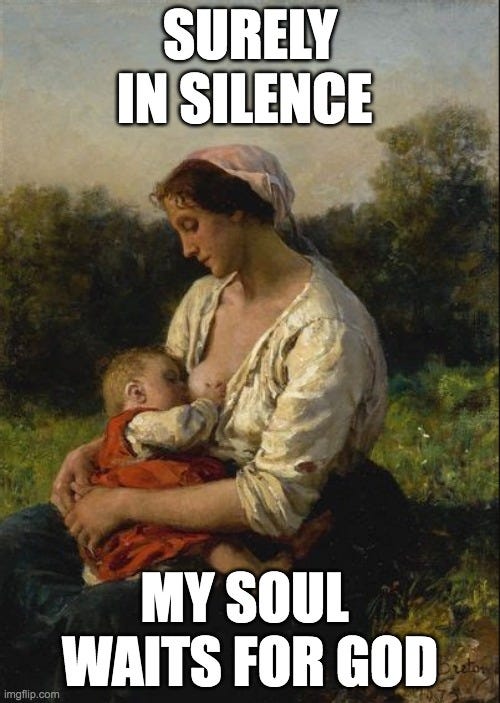


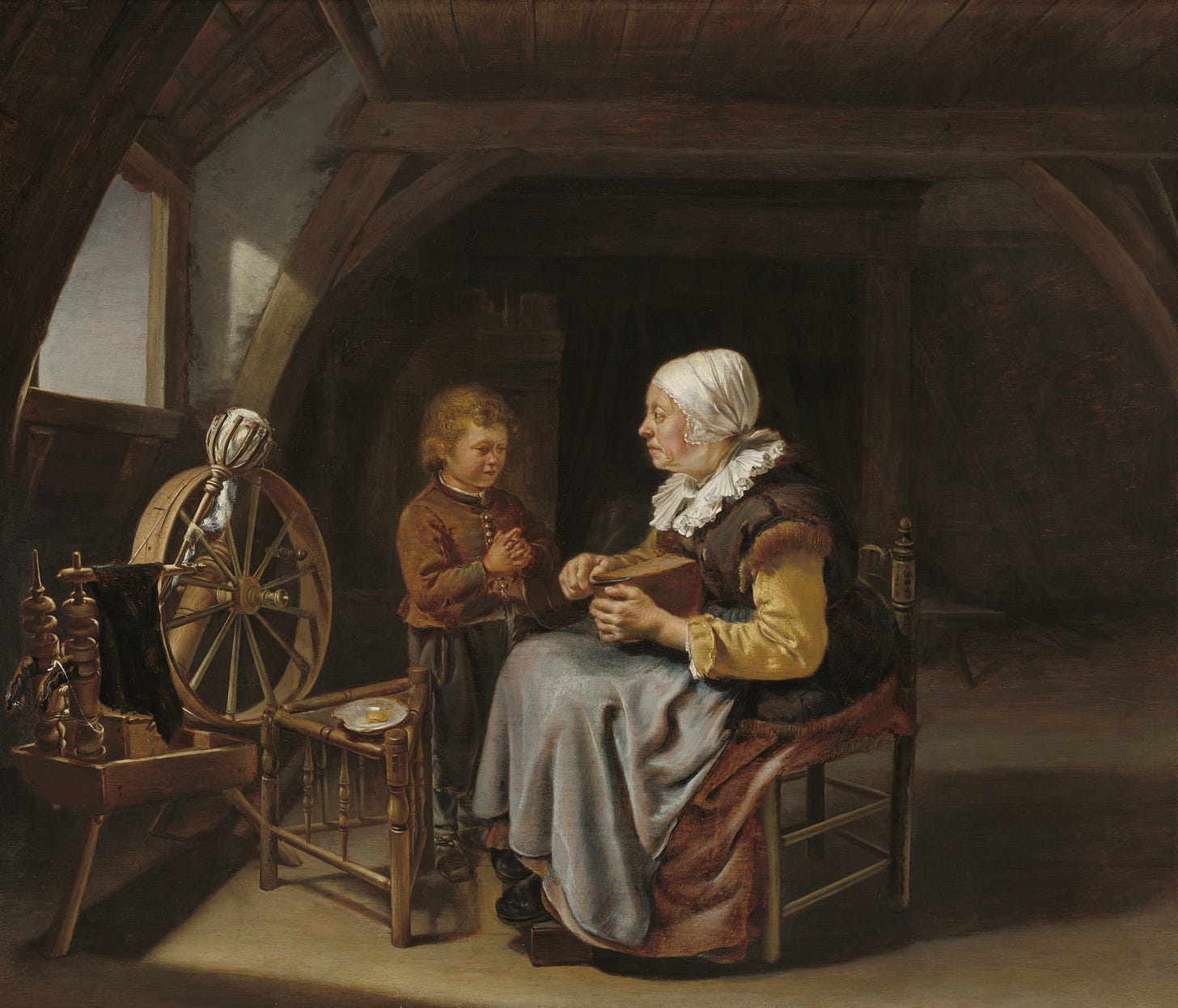
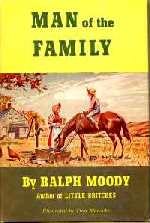

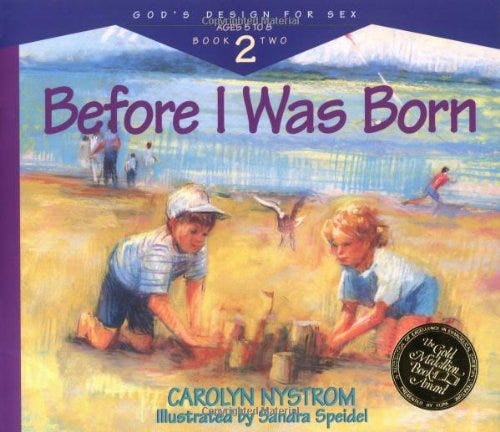







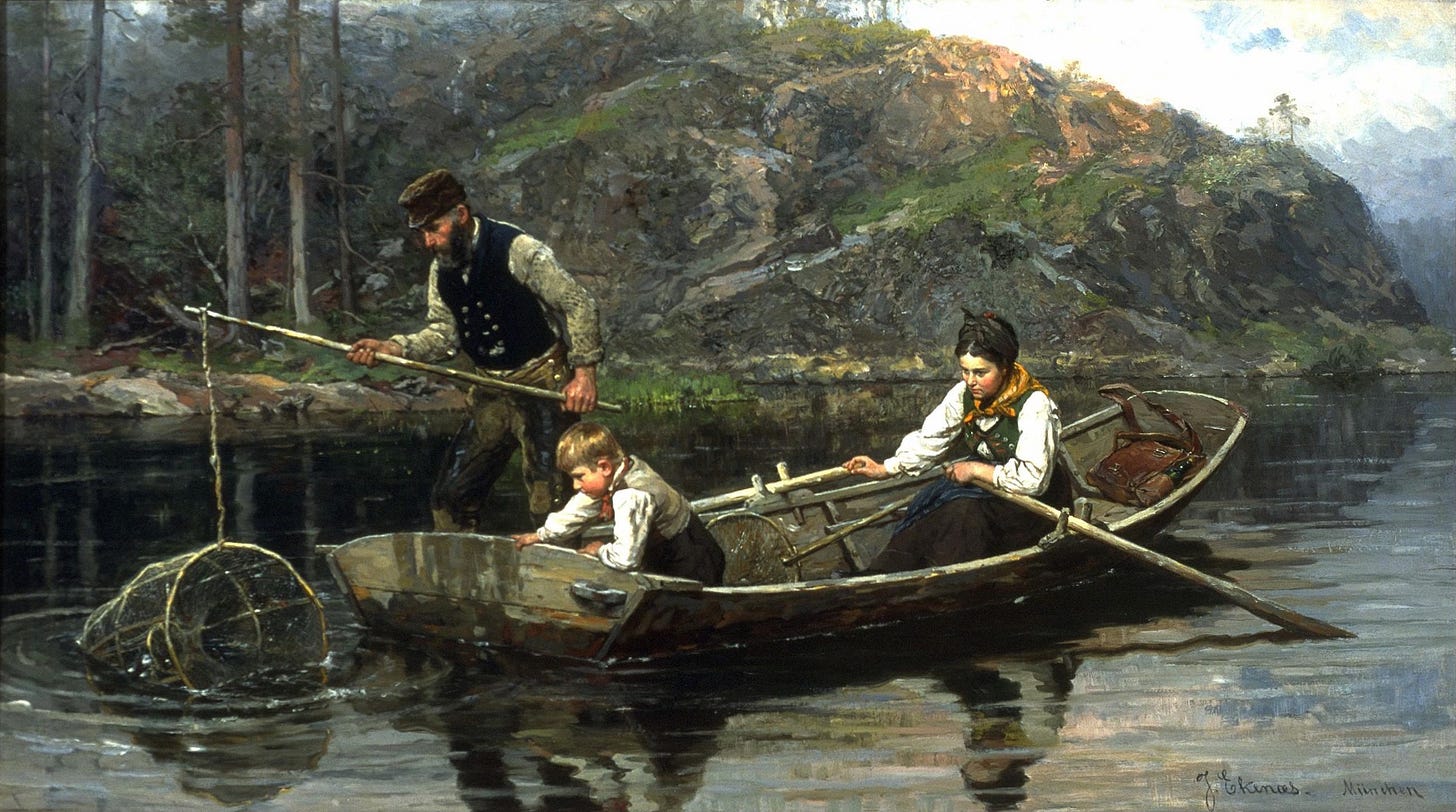


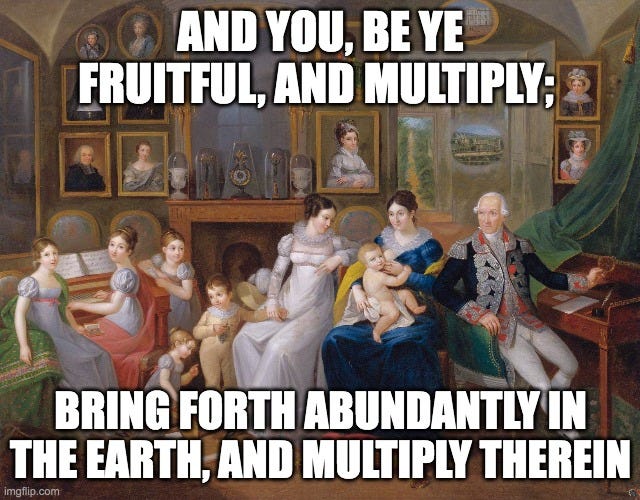


Interesting. KJV doesn’t count the introduction as a verse. So then the references above would be 62:1 and 39:2.
The word דומיה in 62:2 actually means silence. Same word as 39:3.
“My soul remains calm and silent only in the face of Him”